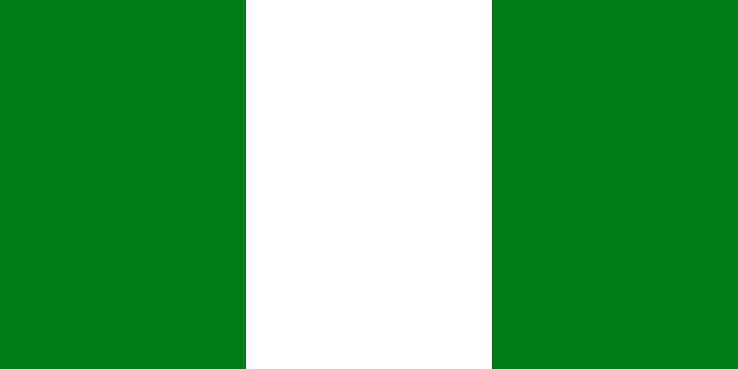Nigeria leads rest of Africa in e-commerce opportunity

On the basis of its high business environment opportunity potential, Nigeria is in pole position to take advantage of the Africa region’s e-commerce potential projected to reach $50 – $75 billion within the next 5-10 years, according to latest research by the Economist Intelligence Unit (EIU).
The report which relied on data generated by the research and analysis division of the Economist Group, stated that the old informal structure of retail businesses is being replaced, as the number of malls being built increases and more people flock to benefit from a more engaging shopping experience – in many cases constituting a day out for thousands of families.
A newer trend however is the e-commerce model. Growing appetite for smartphones, mobile usage and wider network coverage has allowed many Africans to embrace the potential of e-commerce using their mobile devices.
Using a metric of per 100 people, Nigeria scored 80.4 out of 100 to lead the entire continent as the country with the greatest potential opportunity within the wider African e-commerce market. Leading the charge for Nigeria, are the three main online retailers such as Jumia, Jiji and Konga, which serve a mass-market clientele.
Jumia, which in February became the first company on the continent to surpass $1 billion in market value currently operates in 11 African countries and its parent company manages African equivalents of various e-commerce sites, including Hotels.ng and Uber.
In terms of internet usage, Nigeria’s mobile internet subscription – at 91.9 million, is said to represent one of the highest rates of mobile internet usages in the world. Further important to note is Statcounter, a web-traffic analysis tool, which put Nigeria in the lead of countries with the highest percentage of online sites viewed on mobile phones, at 81 percent, compared with the global average of 50 percent.
Despite having one of the lowest levels of mobile connectivity in the world at just 81 percent compared with 139 percent for Eastern Europe, seven of the ten fastest-growing internet populations in the world are in Africa, according to data from Hootsuite and We are Social.
Growth in consumers’ enthusiasm towards e-tailing or e-commerce for Nigeria, the report noted, is being driven by recovering global oil prices. It will be recalled that the price of crude oil fell drastically in 2015 which resulted in the economy going into a recession. Following the period of recession, many major shopping mall projects were halted. The entrenched informal retail system benefitted immensely. E-commerce sites were patronised as complements, not as first resorts. The oil price is gradually climbing, although not at the levels that brought the Nigerian economy significant income.
“Given that e-commerce in sub-Saharan Africa is largely concentrated among the middle class, which has been squeezed by the economic downturn, online sales have therefore also suffered. Nonetheless, mall construction has resumed and their number now stands at around a dozen,” the EIU stated.
An expanding middle-class, it further noted, also constitutes a factor driving growth of e-commerce. Another factor is the rural-urban movement which is rising as people move in search of job opportunities, which eventually translates to increased disposable income.
E-commerce sites are also evolving their strategies, moving their services to populations in the rural areas, leading to growth in sales. A growing consumer interest in fashion and apparel sector, accounts for majority of sales in the sector. Here again, Nigeria also takes the lead, as its online apparel market is projected to grow from $104 million in 2014 to around $1.1 billion in 2019, according to Euromonitor International, a market research firm.
SOURCE:BUSINESSDAY / FRANK ELEANYA
 Africas leading resource for digital financial services
Africas leading resource for digital financial services


comments